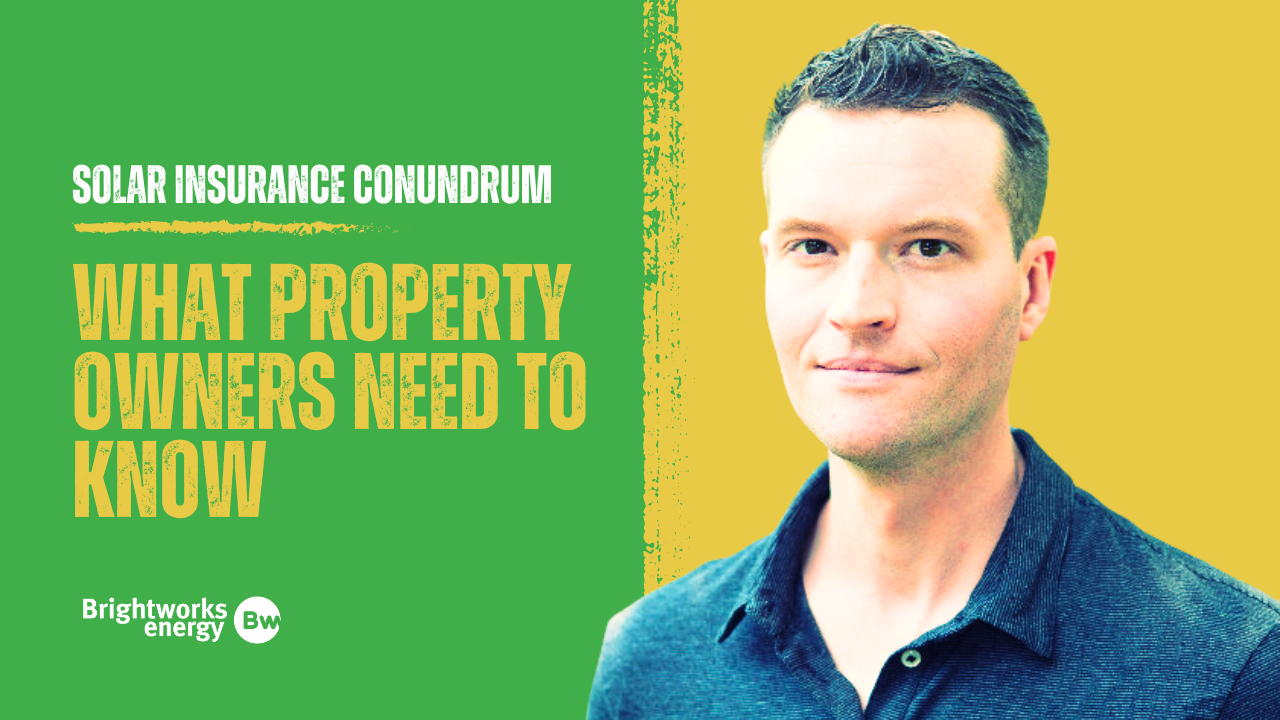Excerpt
Installing a solar energy system is a smart investment, but many property owners overlook the crucial aspect of insurance. What happens if your installer goes out of business or your system isn’t properly supported over its 40-year lifespan? Are you prepared to protect your solar investment?
Deep Dive
When property owners first explore the benefits of installing a solar energy system, insurance is rarely top of mind.
However, it’s a crucial factor that needs to be considered, and it’s one of the more misunderstood areas surrounding solar technology.
I’ve seen firsthand how this lack of understanding has created challenges, particularly with insurance companies and their underwriters, who often struggle to assess the risks associated with solar arrays.
Let’s be clear: solar energy systems, when installed properly, are incredibly safe. But the question remains—are they insured properly?
Unfortunately, in the absence of national standardization or robust education programs like NABCEP, the insurance industry is playing catch-up.
Currently, we mostly rely on electrical safety authority certificates and the expertise of electricians, but they aren’t the ones getting up on roofs to handle the high-voltage components where potential risks exist. This lack of hands-on experience has left many insurers in a grey area, unsure how to evaluate these systems’ risks accurately.
One of the key things property owners need to ensure is that their solar energy systems are covered against “Acts of God“—natural events like storms, which can cause significant damage.
Your building is already a large investment; you want to ensure that your energy system adds value, not risk. But what happens if the company that installed your system goes under? We’ve already seen this happen in the U.S. with large companies like Titan Solar suddenly shutting their doors. Who is left to support those customers?
Unfortunately, the answer is often no one, and that’s a growing concern here in Canada as well. Fly-by-night companies are appearing, taking deposit checks, and then disappearing, leaving homeowners with unsupported systems.
The issue doesn’t stop with installation companies.
Insurance policies are often inadequate for the type of asset being developed. Most will cover the physical cost of replacing a damaged array, and possibly damages associated with a worst-case scenario like loss of life.
But what about protecting the operation, the future cash flow, and the value those systems are supposed to generate? These systems consist of many components, each with its own warranty, which may or may not be reliable. If a company folds, who will honor those warranties?
At Brightworks Energy, we’re working hard to address these issues. We want our clients to have complete confidence that the systems we install will not only perform but also be fully supported for the entirety of their lifecycle, which can be upwards of 40 years.
That’s why we’re looking into solutions to help mitigate these risks—both from an insurance standpoint and in terms of long-term service and support.
While insurance may not be the most exciting topic, it’s essential for safeguarding your investment.
At Brightworks Energy, our goal is to ensure peace of mind for our clients, knowing that their systems will be backed and supported throughout their lifetime. As the solar industry continues to evolve, so too must the frameworks that protect it. We’re committed to being part of that evolution.
If you have further questions about your rooftop insurance, feel free to reach out to us at Brightworks Energy.
We’re here to help!

